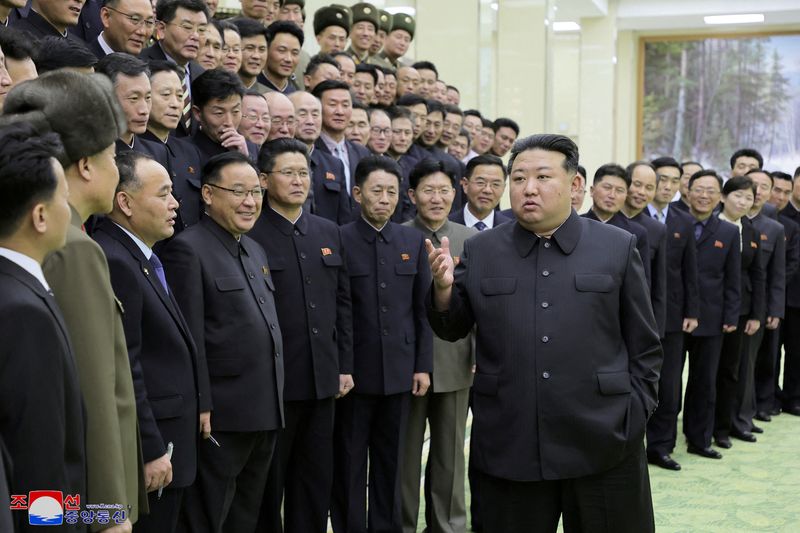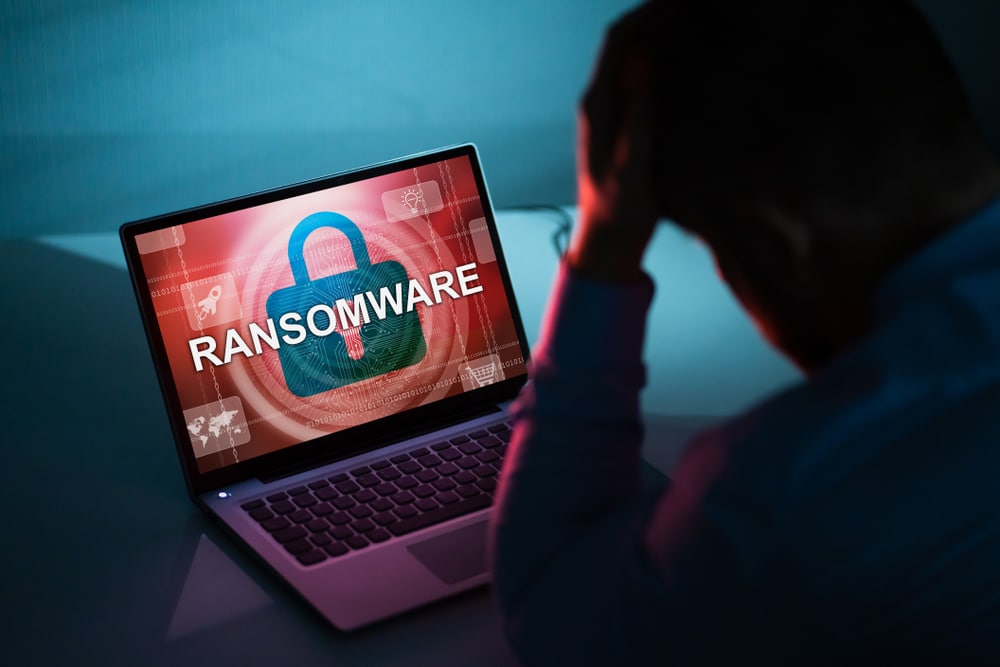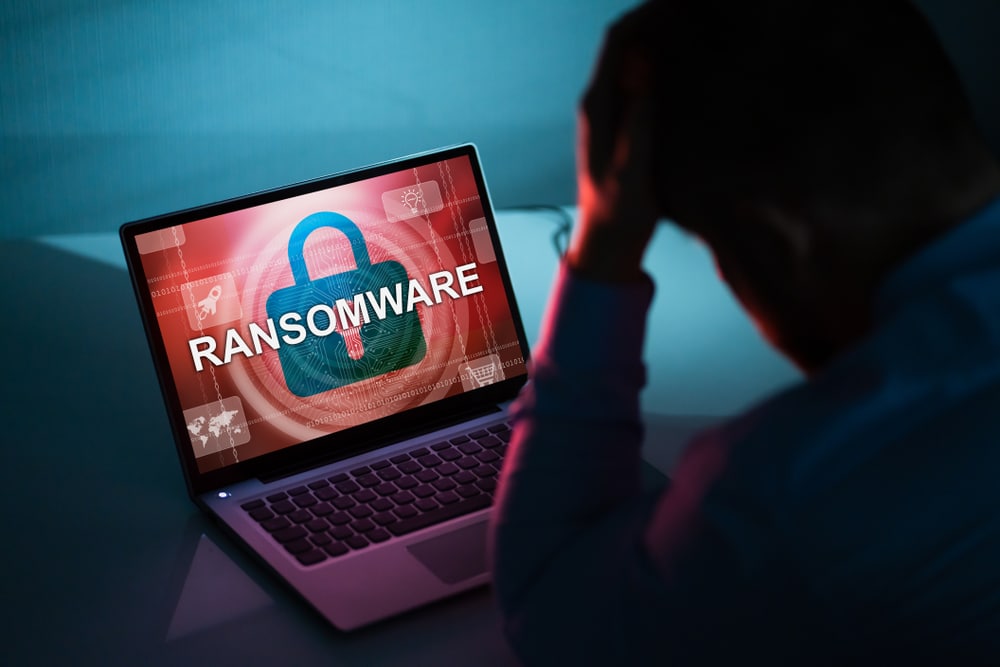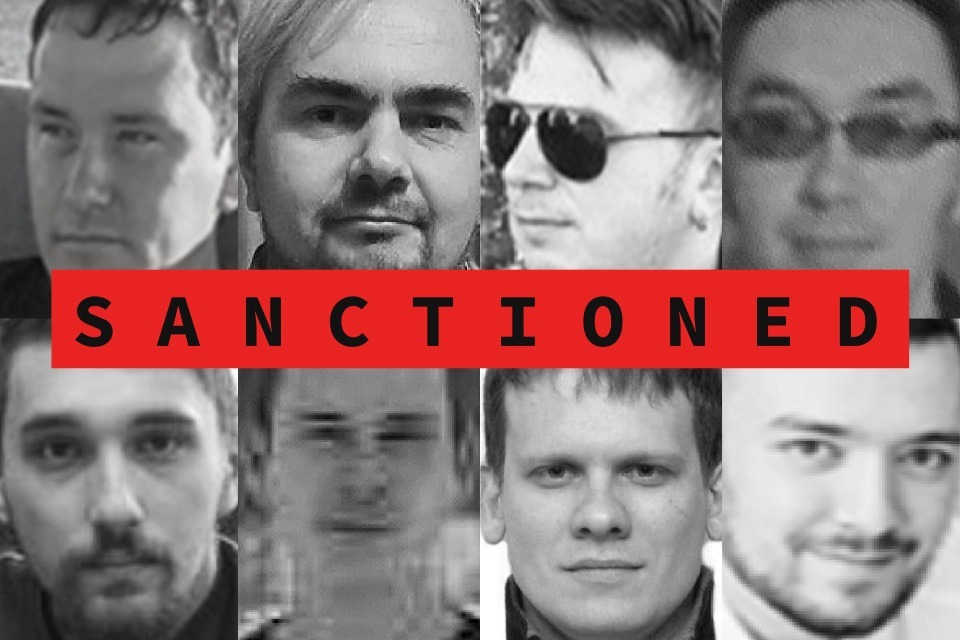US, partners target North Korea with sanctions following satellite launch
WASHINGTON/SEOUL (Reuters) -The United States on Thursday targeted North Korea with fresh sanctions after its launch of a spy satellite last week, designating foreign-based agents it accused of facilitating sanctions evasion to gather revenue and technology for its weapons of mass destruction program.
The U.S. Treasury Department in a statement said it also applied sanctions to cyber espionage group Kimsuky, accusing it of gathering intelligence to support North Korea’s strategic and nuclear ambitions.
Thursday’s action, taken in coordination with Australia, Japan and Korea, comes after North Korea last week successfully launched its first reconnaissance satellite, which it has said was designed to monitor U.S. and South Korean military movements.
“Today’s actions by the United States, Australia, Japan, and the Republic of Korea reflect our collective commitment to contesting Pyongyang’s illicit and destabilizing activities,” Treasury’s Under Secretary for Terrorism and Financial Intelligence, Brian Nelson, said in the statement.
“We will remain focused on targeting these key nodes in the DPRK’s illicit revenue generation and weapons proliferation,” Nelson added, calling North Korea by the initials of its official name, the Democratic People’s Republic of Korea.
South Korea’s foreign ministry said on Friday that it had blacklisted 11 North Koreans for involvement in the country’s satellite and ballistic missile development, banning them from any financial transactions.
The list includes senior officials from the National Aerospace Technology Administration, which oversaw the satellite launch, and the munitions industry department.
North Korea’s mission to the United Nations in New York did not immediately respond to a request for comment on Thursday’s sanctions.
Since the launch of the satellite, North Korea said that its leader, Kim Jong Un, has reviewed spy satellite photos of the White House, Pentagon and U.S. aircraft carriers at the naval base of Norfolk. Its state media has also reported that the satellite photographed cities and military bases in South Korea, Guam, and Italy, in addition to Washington.
On Monday, the United Nations ambassadors of the United States and North Korea…




